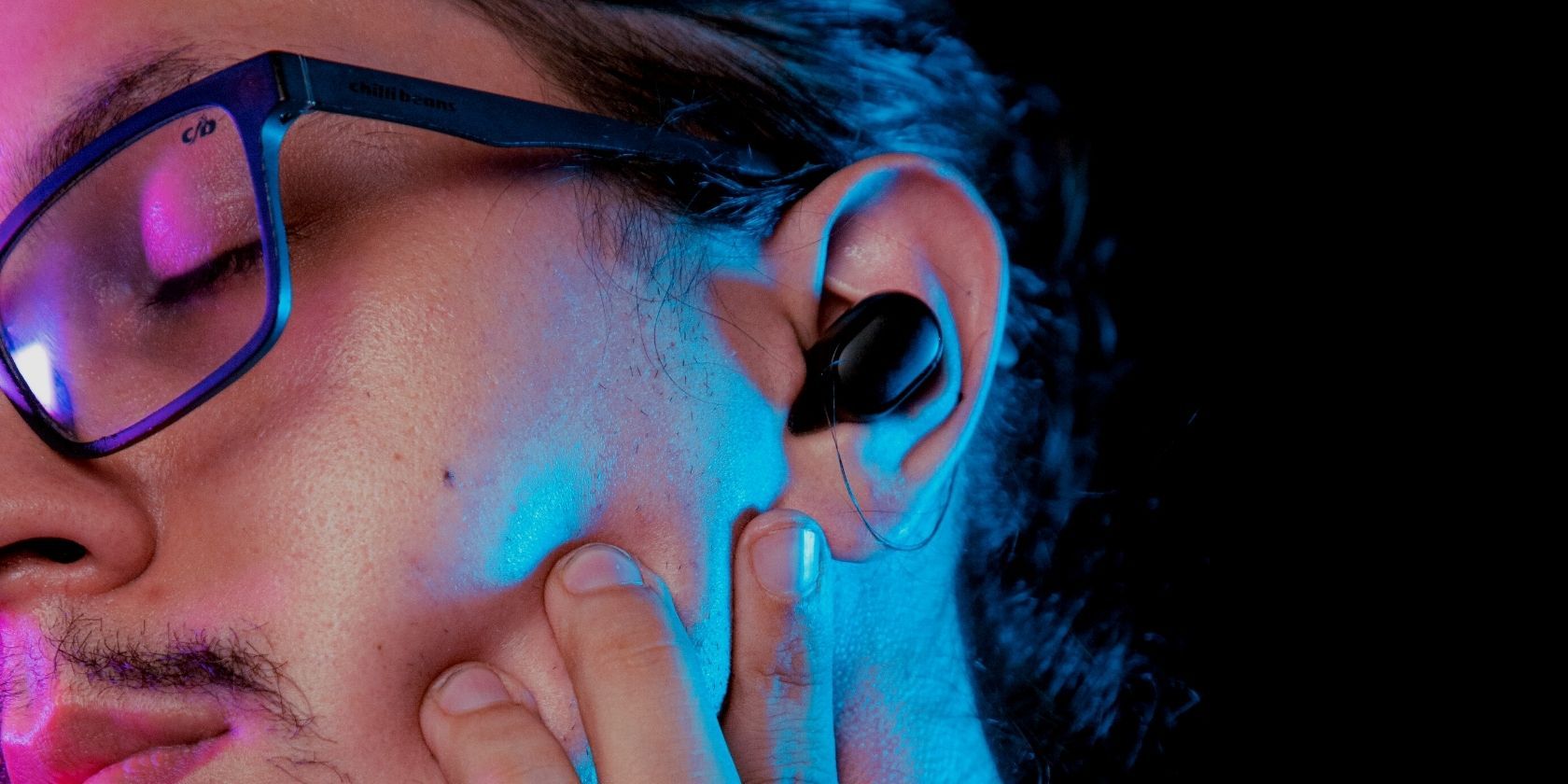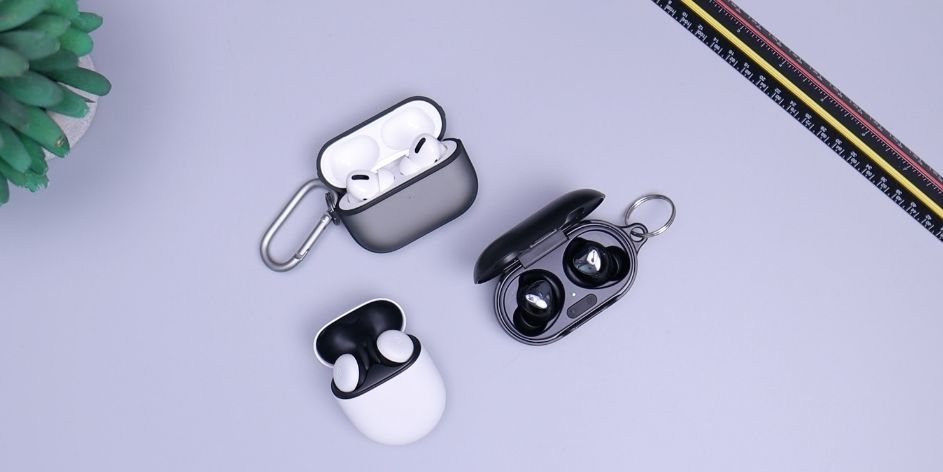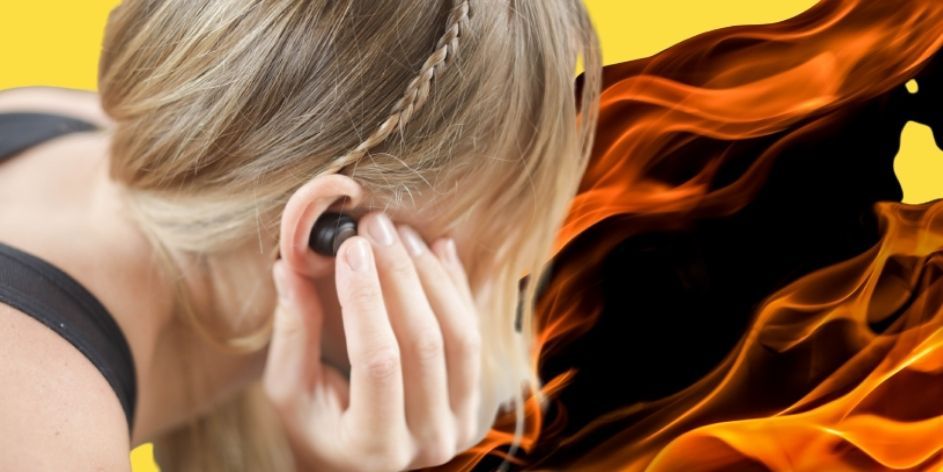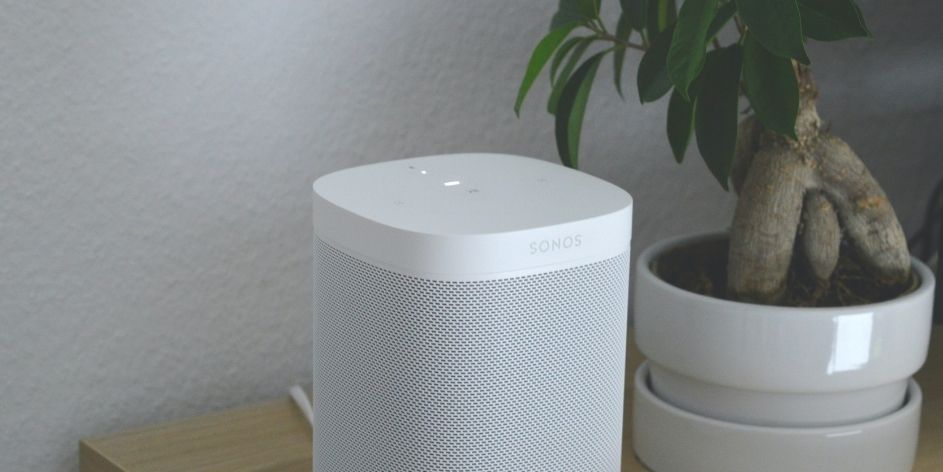Whether you’re looking to shut outside noise, listen to some relaxing white noise, or enjoy a good night's sleep, earbuds can help.
Then again, listening to music on your earbuds is like inserting tiny speakers into your ear and isn’t the safest way to lull yourself to sleep. In fact, you could link earbuds to hearing loss and some kinds of ear infections in the past years.
Let's explore the effects of sleeping with earbuds as well as suggest alternatives to wearing them.
Why People Sleep With Earbuds In
Sleeping with earbuds can bring a range of benefits. Here are some reasons why people sleep with earbuds in.
To Shut Outside Noise
Earbuds can block out surrounding noises that may disturb a natural sleep pattern. The music and active noise cancellation feature in some earbuds make sleeping at night easier, even with a snoring partner, noisy neighbors, and traffic sounds.
Frequent travelers also find earbuds helpful in neutralizing the sound of airplane engines and shutting out other passengers’ noise.
To Avoid Disturbing Other People
A lot of people share an entertainment area with roommates. And since different people have different music tastes, the people you live with might not enjoy your choice of music. Also, some people just don’t like music playing while they sleep, so wearing earbuds might be a useful option.
For Better Sound Quality
The quality of your sleep is as important as the amount you get. Loud, muffled sounds from low-quality speakers are annoying and can wake you up from deep sleep. That’s where earbuds come in.
Most earbuds are designed to improve the quality of the sound you listen to. For instance, the Galaxy Buds can connect to smartphones via Bluetooth and allow you to adjust the sound quality to your liking via an app.
For Relaxing White Noise
There are many habits people develop to sleep better. For instance, some people find certain calming background noises good enough to lull them to sleep.
Sleeping in complete silence can be unnerving, especially if you’re not used to it, keeping your ears listening, eyes open, and mind alert. The good thing, per this WebMD article on things to help you sleep better, is that white noise masks disruptions, promoting better sleep.
The human mind can get used to sounds of nature, like rain, or static sounds, like the hum of a fan. These noises can help train your brain to recognize when it’s time to sleep. Since the human brain works better on a schedule, hearing these noises more frequently at night may become part of your routine to go to sleep.
To Treat Insomnia
The common goals shared by individuals who sleep with earbuds in are typically to relax and fall asleep faster. Sleep, however, doesn’t always come easy for everyone. Luckily, people who suffer from a lack of sleep can feel calmer if they listen to soothing music before bed.
Listening to certain types of music helps beat insomnia, as this 2019 controlled clinical trial on ResearchGate could suggest. This is because of the relaxing effects of music on the mind. Even then, don’t listen for long hours; prolonged loud music could keep you in a state of wakefulness.
What Are the Dangers of Wearing Earbuds While Asleep?
There are many potential side effects of wearing earbuds to bed constantly. Here are some of the most notable potential risks and side effects you might experience.
Hearing Loss
When you think about possible causes of hearing loss, you probably think about loud noises, accidents, or explosives. However, one of the most common sources of hearing loss is earbuds use.
While you’re conscious, it’s easy to tell how loud your music is, but as you doze off, the volume might go up without you being aware. As stated in this NIDCD article on noise-induced hearing loss, prolonged listening to loud sounds is a possible cause of hearing loss.
Otitis Externa
Otitis externa occurs when the external ear canal becomes inflamed, and earbuds are possible triggers of the condition. The condition is often called “swimmer’s ear” because repeated exposure to water can make the ear canal more vulnerable to inflammation.
The ear canal is very delicate, and as stated in this UpToDate article on otitis externa, wearing devices that block the ear canal can damage it, leading to the condition.
Essentially, the earbuds rub against the inside of the ear, causing fluid buildup that leads to painful swelling and irritation. Symptoms are itchiness in the ear canal, ear pain, fluid discharge from the ear, and temporary hearing loss.
Earwax Buildup
According to this 2021 cross sectional study on ScienceDirect, one of the side effects of prolonged use of earbuds is excessive earwax. Inserting earbuds far deep into the ear canal for long periods can lead to earwax buildup. Excessive earwax build buildup causes discomfort and can impair hearing.
Alternatives to Sleeping With Earbuds In
There are many alternatives to sleeping with earbuds in, and they are not necessarily very expensive. Let’s jump right in.
High-Quality Speakers
Some speakers, such as the Sonos Roam portable speaker, offer great sound quality. The portable Bluetooth speaker supports both Wi-Fi and Bluetooth, and you can control it from an app.
If you need the privacy of in-ear headphones without the dangers of earbuds, a pillow speaker could be an ideal solution. Some pillow speakers contain high-quality built-in speakers with pillows attached to them, providing comfort and great stereo sound.
Earmuffs
You can improve the quality of your sleep by putting earmuffs on. These inexpensive accessories can help make your sleep quiet and more restful. Soundproof earmuffs can make sleeping much more tranquil and peaceful.
Some earmuffs include a sleep mask for light-free sleeping. They also can be detachable, making them an ideal choice if you only need to use the mask.
Lifestyle Changes
Some people have a hard time falling asleep without listening to something, and making gradual lifestyle changes can help improve your rest.
Avoiding alcohol and caffeine in the evening, having a consistent bedtime routine, and avoiding call phones before bed are all helpful bedtime habits. Other nonmusical alternatives to sleeping with earbuds include meditation, working out, and using natural supplements.
Don’t Wear Earbuds for Long Hours
Sleeping with earbuds every once in a while isn’t too harmful. Listening to music on your earbuds is actually therapeutic and can be helpful to people who need some sound to fall asleep.
However, if your sleep routine involves sleeping with earbuds every night, then that’s a problem. Sleeping with earbuds in can irritate the ear canal and, in extreme cases, cause hearing loss. But with awareness and some effort, it’s possible to prevent all these from happening.




